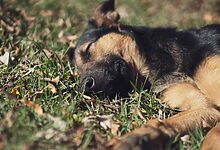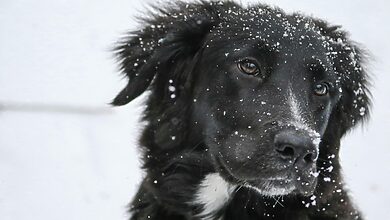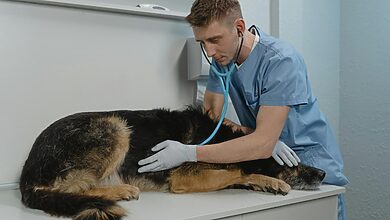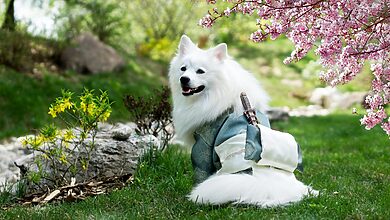Helping Your Horse Cope with Separation Anxiety
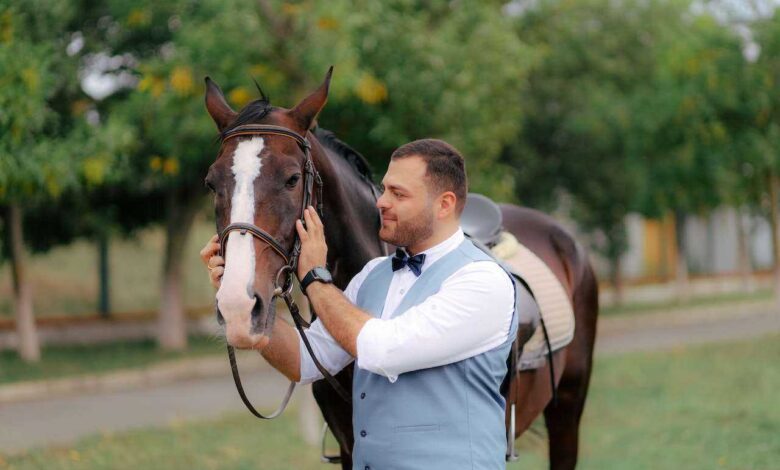
Living beings, including horses, are wired for social connections. When these connections are disrupted, horses can experience separation anxiety – a condition that causes distress and unease. In this comprehensive guide, we’ll delve deep into the world of horse separation anxiety, equipping you with knowledge and strategies to help your equine companion find peace, even when apart from their herd.
Understanding Horse Separation Anxiety
What is Horse Separation Anxiety?
Horse separation anxiety is a psychological condition that occurs when a horse becomes distressed or agitated due to separation from other horses or its familiar environment. Understanding the nature of this anxiety is the first step toward helping your horse cope.
To better grasp this condition, think of horses as highly social animals. In the wild, they live in tight-knit herds, where separation can signal danger. Domestication disrupts this natural order, making some horses more prone to anxiety.
Symptoms and Triggers
Recognizing the symptoms and triggers of horse separation anxiety is crucial for early intervention. Symptoms may manifest as restlessness, vocalization (like whinnying), and even destructive behavior, such as pacing or fence-chewing.
Common triggers include changes in routine, separation from stablemates (especially bonded companions), or being transported to unfamiliar places. Understanding what sets off your horse’s anxiety is vital for addressing the issue effectively.
Strategies for Coping with Horse Separation Anxiety
Desensitization Training
Desensitization training involves gradually exposing your horse to situations that trigger anxiety in a controlled and gradual manner. This method helps your horse become more accustomed to separations and reduces anxiety over time.
Begin by separating your horse from its herd or companion for short periods. As your horse becomes more comfortable, gradually increase the duration of separations. Always ensure these training sessions end on a positive note, such as reuniting with their friends or receiving treats.
Counterconditioning Training
Counterconditioning aims to change your horse’s emotional response to separation triggers. It involves associating positive experiences with situations that typically induce anxiety. For example, you can offer treats, soothing music, or gentle grooming during separation times.
This approach helps your horse understand that separations can lead to enjoyable experiences, reducing their anxiety over time. Be patient and consistent in implementing these positive associations.
Positive Reinforcement Training
Positive reinforcement training uses rewards to encourage desired behaviors. When your horse remains calm during separations or shows improved behavior, reward them with treats, praise, or even just a gentle pat.
Positive reinforcement reinforces the idea that calmness and good behavior are rewarded. Over time, your horse will associate separation with positive outcomes, easing their anxiety.
Tailored Approaches for Specific Scenarios
Horse Separation Anxiety at Shows
Competing at shows can be stressful for horses prone to separation anxiety. Prepare your horse by practicing separations at home and maintaining a consistent routine. Familiarity with the show environment and gradual exposure can also help ease anxiety on show days.
Horse Separation Anxiety at Boarding Stables
Changes in environment, such as moving to a boarding stable, can trigger separation anxiety. To ease this transition, introduce your horse gradually to new stablemates and surroundings. Spend extra time with your horse during the initial adjustment period to provide comfort and reassurance.
Horse Separation Anxiety at Home
Even horses in familiar settings can experience anxiety when separated from their companions. Implement separation training exercises in a familiar environment to build confidence. Gradually increase the time apart while ensuring positive experiences during separations.
Preventing Horse Separation Anxiety
Early Socialization
Early socialization is a crucial preventative measure. Foals learn valuable social skills by interacting with peers. Providing opportunities for positive interactions during foalhood can help prevent separation anxiety from developing later in life.
Routine Maintenance
Maintaining a consistent daily routine can provide a sense of security for your horse. Regular feeding, turnout, and exercise times can reduce anxiety associated with disruptions. Consistency in care and handling fosters trust and reduces the likelihood of anxiety triggers.
Horse Cope with Separation Anxiety
Horse separation anxiety is a challenging condition, but with patience, understanding, and the right training methods, you can help your horse become more confident and content when separated from their herd. By recognizing the symptoms, implementing training strategies, and preventing anxiety triggers, you’ll create a happier and more relaxed equine companion. Remember, your horse’s well-being and peace of mind are worth the effort and dedication you invest in their care.



